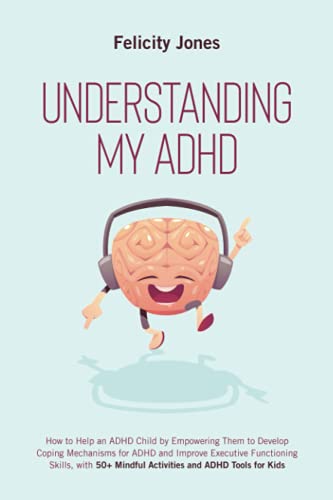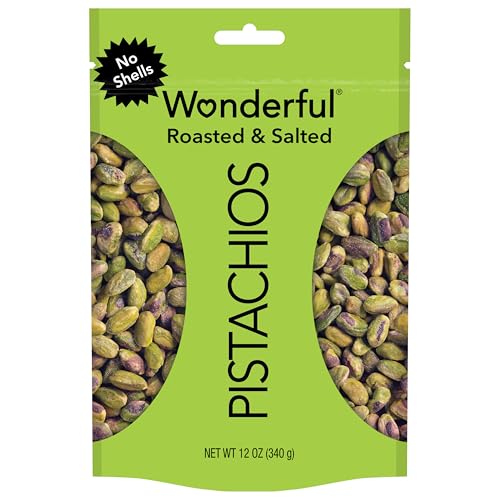Snacking often gets a bad rap, but what if I told you that the right snacks could actually help reduce inflammation? It’s true! Many of us reach for chips or cookies when hunger strikes, but there’s a world of delicious options that can support our health while satisfying those cravings.
Understanding Inflammation
Inflammation plays a crucial role in our overall health. It acts as the body’s response to injury or infection but can become problematic when chronic.
What Is Inflammation?
Inflammation is a natural process where the body’s immune system sends white blood cells and other substances to protect areas affected by harmful stimuli. This response helps in healing processes, but when it persists, it may lead to various health issues. I find it fascinating how our bodies react to different stressors, and understanding inflammation helps me choose snacks that promote healing rather than exacerbate these responses.
Types of Inflammation
Two main types of inflammation exist: acute and chronic.
- Acute Inflammation: This occurs suddenly and typically lasts for a short period, like after an injury or infection. It’s part of the healing process. Common examples include a sprained ankle or a sore throat.
- Chronic Inflammation: This persists over an extended period, lasting weeks or even years. It can be linked to various conditions such as arthritis, heart disease, and other illnesses. Chronic inflammation can stem from factors like poor diet, lack of exercise, and prolonged stress.
Understanding these types helps me pick snacks that aid recovery and combat chronic inflammation effectively.
The Role of Diet in Inflammation
Diet plays a crucial role in managing inflammation in the body. Choices in food can either provoke or reduce inflammatory responses, impacting overall health significantly.
Inflammatory Foods to Avoid
- Processed Sugars: Processed sugars often lead to increased markers of inflammation. They’re found in many snacks like candy, sodas, and baked goods.
- Refined Carbohydrates: Refined carbs, such as white bread and pastries, can trigger inflammation. These foods may spike blood sugar levels, creating a cycle of inflammation.
- Trans Fats: Trans fats, found in many fried and processed snacks, raise levels of bad cholesterol. This imbalance can promote inflammation in the body.
- Excessive Alcohol: High alcohol consumption can lead to inflammation in the gut, affecting overall wellness. Moderation is key to maintaining a healthy response.
- High-Sodium Snacks: Many salty snacks, like chips, contain high sodium levels, promoting water retention and inflammation. Choosing low-sodium options helps reduce these effects.
Anti-Inflammatory Foods to Include
- Leafy Greens: Leafy greens like spinach and kale are packed with antioxidants and vitamins that fight inflammation. Eating these raw in salads or blended in smoothies works well.
- Berries: Berries, including blueberries and strawberries, contain compounds known for their anti-inflammatory effects. Snacking on a handful or adding them to yogurt offers a delicious treat.
- Nuts and Seeds: Nuts like walnuts and seeds such as flaxseeds provide healthy fats and nutrients that combat inflammation. They’re perfect for a quick snack or added to oatmeal.
- Fatty Fish: Fish rich in omega-3 fatty acids, such as salmon and mackerel, help reduce inflammation. Incorporating fish into meals a few times a week supports long-term health.
- Olive Oil: Extra virgin olive oil contains oleocanthal, an anti-inflammatory compound. Using it as a salad dressing or in cooking promotes a flavorful and healthy diet.
Understanding these food choices helps create a balanced diet that supports healing and reduces chronic inflammation. Embracing healthier snacks leads to a positive impact on overall well-being.
How Snacks Can Reduce Inflammation
Snacks play a crucial role in our daily diets, and when I create or choose healthy options, I focus on how they can help reduce inflammation. Selecting the right ingredients means I not only satisfy cravings but also benefit my wellbeing.
Key Nutrients in Snacks
Focusing on specific nutrients can enhance the anti-inflammatory properties of snacks. Here are some key nutrients I prioritize:
- Omega-3 Fatty Acids: I incorporate these healthy fats from sources like walnuts and flaxseeds to decrease inflammatory markers.
- Antioxidants: Berries are my go-to; they contain anthocyanins, which combat oxidative stress and inflammation.
- Fiber: I ensure my snacks include beans or whole grains, as fiber promotes a healthy gut, which reduces inflammation.
- Polyphenols: Spices like turmeric and cinnamon are staples in my snack recipes because of their strong antioxidant effects.
- Vitamins and Minerals: Leafy greens provide essential vitamins like Vitamin C, which plays a role in reducing inflammation.
Examples of Anti-Inflammatory Snacks
Crafting delicious anti-inflammatory snacks enhances my passion for healthy eating. Here are some examples I often prepare:
- Chia Seed Pudding: I mix chia seeds with almond milk and top it with berries for a fiber-rich, omega-3-packed treat.
- Nut Butter and Apple Slices: Pairing nut butter with apple slices provides healthy fats and antioxidants in a tasty, crunchy snack.
- Roasted Chickpeas: Tossing chickpeas with olive oil, turmeric, and cumin gives me a crispy, flavorful option loaded with fiber and polyphenols.
- Greek Yogurt with Honey and Walnuts: This creamy delight offers protein, healthy fats, and antioxidants, making it a satisfying choice.
- Vegetable Sticks with Hummus: I love munching on carrots and cucumber with hummus; the chickpeas and tahini in hummus deliver anti-inflammatory benefits.
By focusing on these nutrient-dense snacks, I effectively reduce inflammation while enjoying the process of healthier snacking.
Benefits of Choosing Healthy Snacks
Healthy snacks don’t just fend off hunger; they deliver numerous benefits that contribute to overall well-being. By selecting the right options, I’ve discovered a path to improved health and vitality.
Improved Overall Health
Choosing healthy snacks plays a significant role in enhancing overall health. Nutrient-rich snacks provide essential vitamins, minerals, and antioxidants that support bodily functions and combat oxidative stress. For instance, snacking on berries enriches my diet with antioxidants, while nuts supply healthy fats that support heart health. I often turn to options like vegetable sticks or air-popped popcorn, which bring added fiber to my meals, aiding digestion and promoting a feeling of fullness. These choices help maintain a balanced diet, reducing the risk of chronic diseases tied to poor eating habits.
Enhanced Energy Levels
Healthy snacks also provide a boost in energy levels, making them ideal between meals. I love reaching for snacks rich in complex carbohydrates, like whole-grain crackers or fruit, that release energy steadily. These snacks avoid the crashes often associated with sugary, processed options, keeping me energized throughout the day. Incorporating protein, such as in yogurt or nut butter, adds to satiety and supports sustained energy. With these choices, I find I can focus better and stay active without the sluggishness that comes from unhealthy snacking.
Conclusion
Embracing healthy snacks has been a game changer for me in managing inflammation. I’ve found that choosing the right foods not only satisfies my cravings but also supports my overall health. It’s amazing how something as simple as a handful of nuts or a bowl of berries can make such a difference.
By prioritizing nutrient-dense options, I feel more energized and focused throughout the day. Plus, knowing I’m making choices that combat inflammation gives me peace of mind. So next time you’re reaching for a snack, think about how it can work for you rather than against you. Happy snacking!












